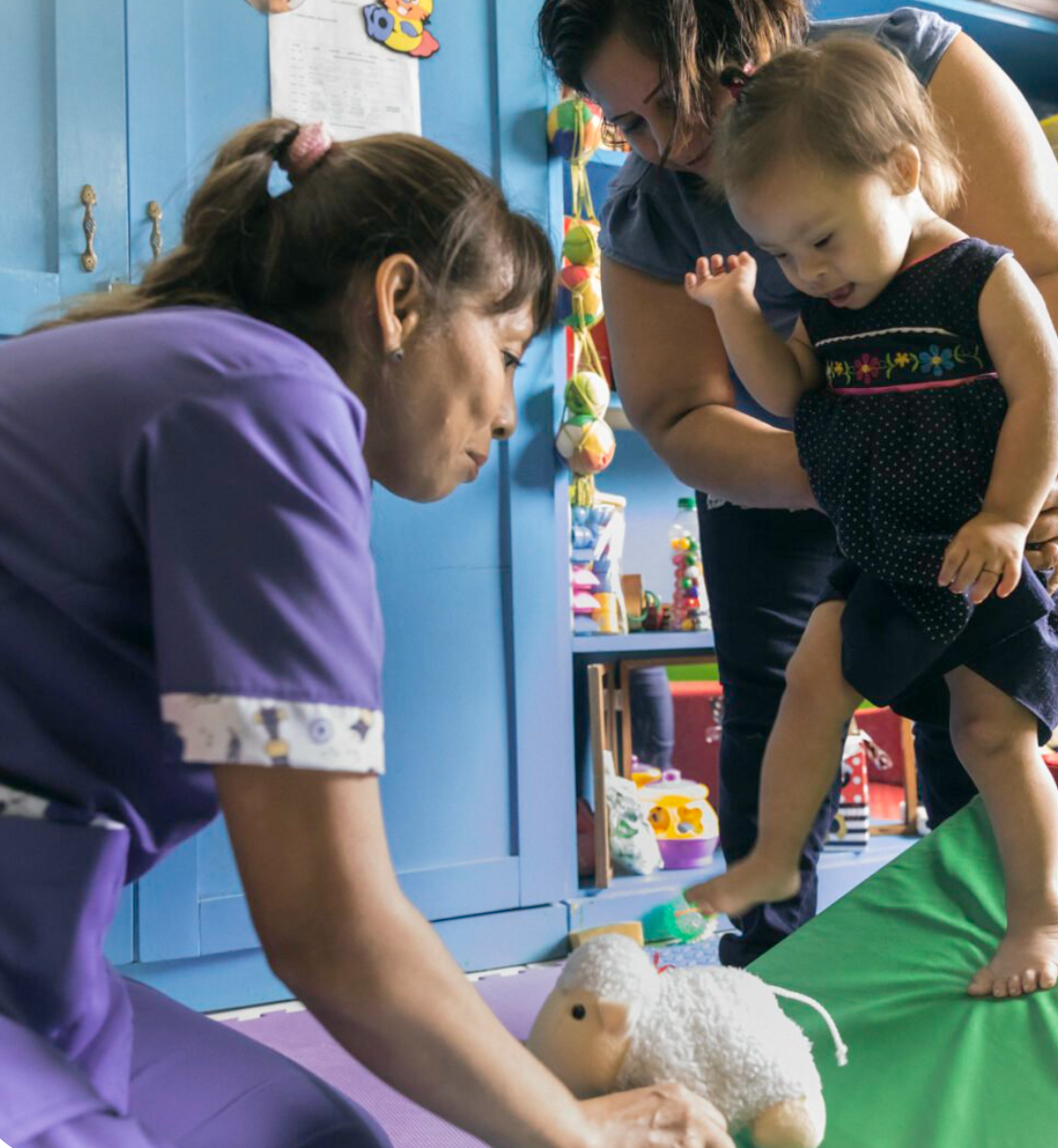
Inclusion
Inclusion is not a place; it is a way of being.
AIMHiTN has an unwavering commitment to individual and organizational efforts that:
Recognize, reflect on, and promote self-awareness of preconceived judgments.
Embrace lived experiences and various ways of knowing and being.
Address long-standing, systemic barriers to child and family well-being.
Promote a culture of belonging and equity for all infants, young children, and the caregivers and professionals who care for them.
Inclusion:
“Inclusion is the right of every infant and young child and his or her family, regardless of their ability, to participate in a broad range of activities and contexts as full members of families, communities and society.”
(2009 Joint Position Statement Division of Early Childhood by the Council of Early Childhood and NAEYC).
Inclusive settings also have important benefits for all infants and toddlers.
Children will:
develop an appreciation for individual differences and the unique strengths and abilities of others
benefit from different pathways to engaging and learning in the early education setting
participate in and prepare for an inclusive world
Research has found that children with disabilities in inclusive classrooms are more likely to engage in peer interactions than children in special education settings, and both children with and without disabilities make significant gains in early literacy scores while attending an inclusive, high-quality early education program (Lawrence, Smith, & Banerjee 2016).
Why Does Inclusion Matter?
There are many benefits to including children with varying abilities in early education settings. For young children (including infants and toddlers) with developmental delays or disabilities, inclusive settings offer:
access to challenging curricula and learning experiences
opportunities to develop age-appropriate social skills and early friendships and to build relationships with adults outside the family
immersion in language- and literacy-rich environments
the development of self-help skills that promote independence over the long term
Inclusive settings also have important benefits for infants and toddlers without disabilities
Children will:
develop an appreciation for individual differences and the unique strengths and abilities of others
benefit from different pathways to engaging and learning in the early education setting
participate in and prepare for an inclusive world
Research has found that children with disabilities in inclusive classrooms are more likely to engage in peer interactions than children in special education settings, and both children with and without disabilities make significant gains in early literacy scores while attending an inclusive, high-quality early education program (Lawrence, Smith, & Banerjee 2016).
Inclusion Resources
Welcome to AIMHiTN's Resource Directory for Children with Disabilities, a valuable tool designed to provide information and connect families to essential services. At AIMHiTN, we believe that access to resources fosters greater opportunities and improves quality of life. Our goal is to ensure that everyone in the disability community feels supported and valued.
This directory is a testament to how accessible and effective assistance can be. To request updates or submit additional information, please contact Charlie Dugger, M. Ed., ECMH-E . Together, we can ensure that vital support and information remain accessible to all who need it.
Interested in a training? Visit our PP page for more information.
Information About Different Types of Intellectual and Developmental Disabilities, IDD
Is your child newly diagnosed with a disability, or have you recently begun working with a child who has a disability? We're here to support you on this journey. Our platform offers a wealth of well-researched articles and information, carefully sourced to help us expand our knowledge together. We understand that this period can be challenging, and filled with adjustments, and we're committed to connecting you to the right resources to ensure your student or child can thrive.
Services and Supports: Early Childhood (Age 0-5)
Belonging Awards
The mission of the AIMHiTN Belonging Awards is to create a pathway for providers to assess their programs and develop high-quality inclusion practices for the infants and children they serve.







